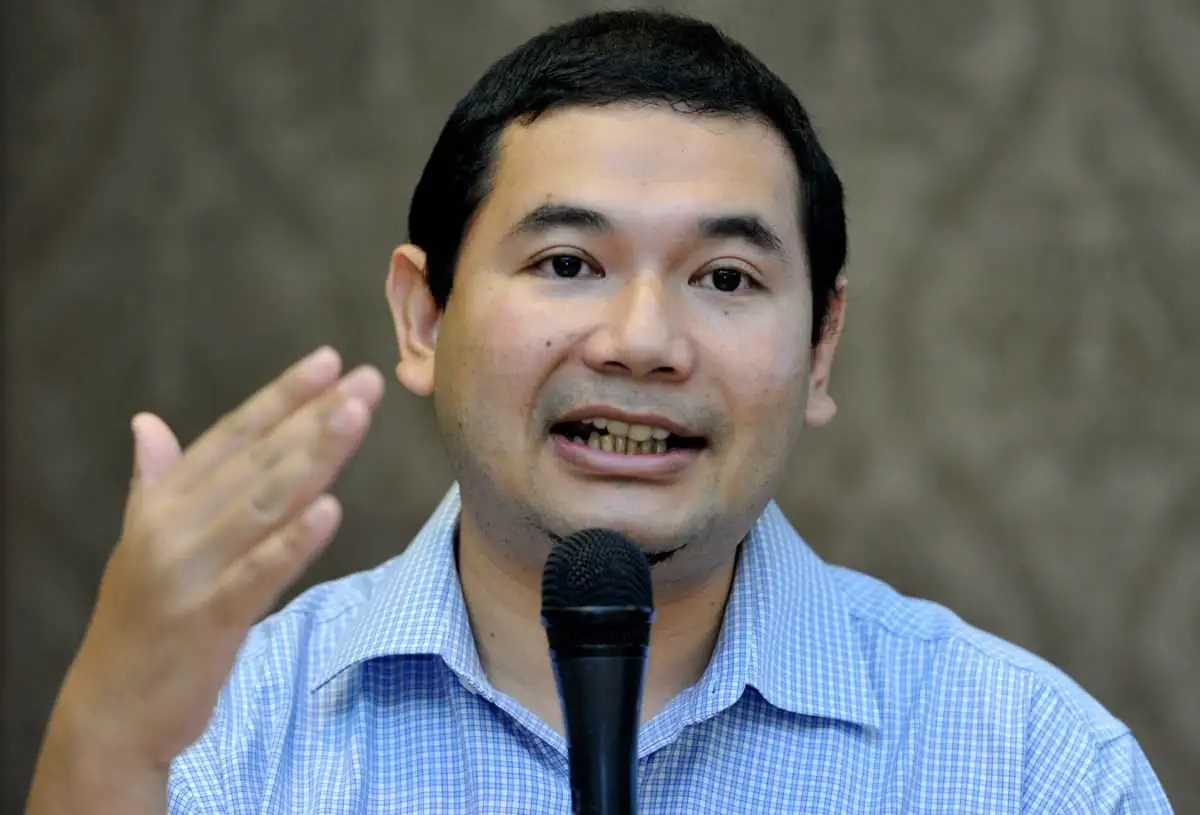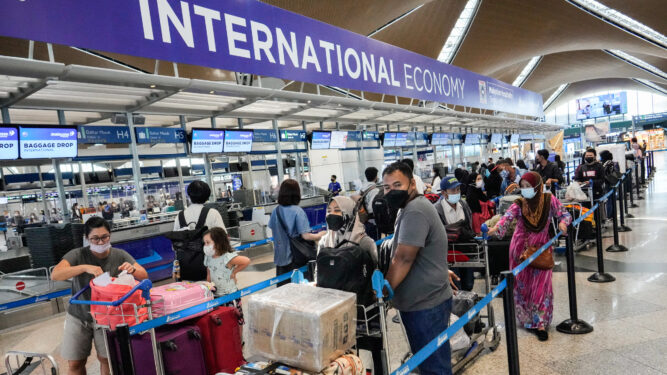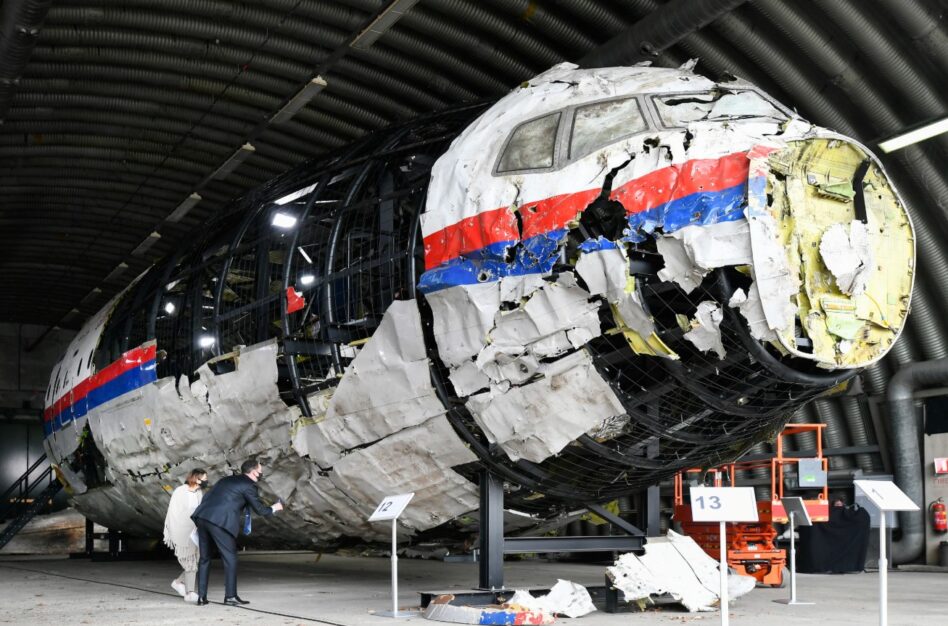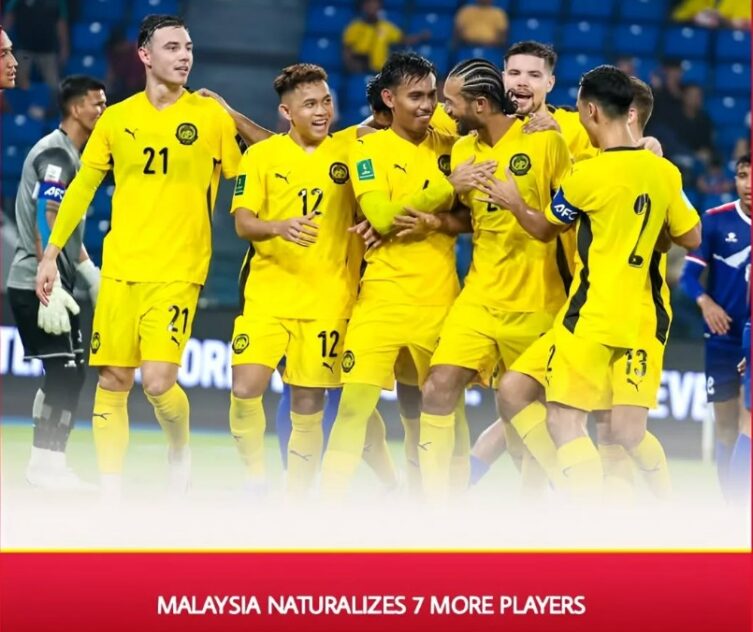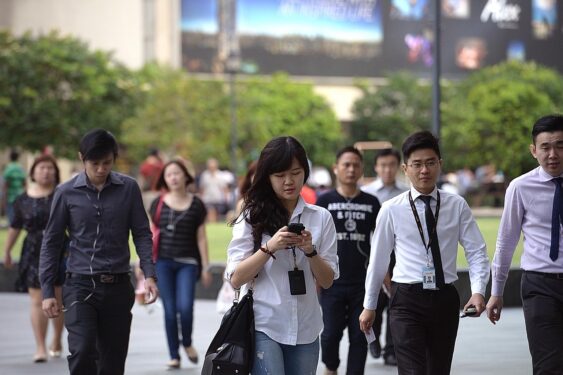PARTI Keadilan Rakyat’s (PKR) Rafizi Ramli said that a realistic benchmark for the Pakatan Harapan (PH) coalition in the 15th general election (GE15) would be to win about 80 parliamentary seats.
In a recent interview with Malaysiakini the PKR vice president said that Pakatan needs to start doubling down on appealing to voters immediately in order to avoid massive casualties during GE15.
He further pointed to Pakatan’s dismal performance during the recent Johor state polls and warned that the Opposition is in trouble as the southern state is a “microcosm of Malaysia as a whole”.
“The best I hope for realistically now is to make sure Pakatan stays intact as the largest opposition bloc in Parliament after the next general election,” Rafizi, who recently marked his return to active politics by announcing that he will be running for the PKR deputy presidency post, commented.
“What we don’t want is that not only did we lose, but we are the third or fourth bloc in Parliament because that means Pakatan is losing relevance and that is dangerous.
“So, realistically speaking, let’s try to win about 80 seats in the next general election because I think 80 seats is the kind of benchmark we need to aim for to remain as the largest or second-largest bloc in Parliament.”
According to Rafizzi, among the issues faced by Pakatan was the debate over whether PKR president Datuk Seri Anwar Ibrahim was still the Opposition’s right candidate for prime ministership.
There have been growing calls for Anwar to step down as Opposition leader following Pakatan’s dismal performance in the Melaka, Sarawak and Johor state elections.
Nonetheless, Rafizi believed that Anwar was still the Opposition’s best prime minister candidate, although he suggested that rather than arguing over prime minister candidates Pakatan should instead stay focused and united.
“If Anwar steps down now – and going into the next general election – the Pandora’s Box will open on who is the best prime minister candidate,” he commented.
“Most probably, there will be no end to the bickering. Everyone has their own opinion and not a single person will be able to command the respect of the three parties.
“Irrespective of what people say about Anwar, especially what has happened in the past two to three years, the fact remains that he is still the best prime minister candidate going into the next general election for Pakatan.”
The former Pandan MP also opined that Pakatan should not be talking about prime minister candidates at all as it is not what the majority of voters are the most concerned about.
While urban voters tend to care about prime minister candidates, he noted that young voters, first-time voters and economic voters do not actually pay much attention to such things.
“To them, they’re all the same. We have changed three prime ministers [but] they still can’t sort out our problems,” he commented.
“So they vote by sheer excitement that there can be something worthwhile that may come out of these people, they vote out of a belief that these people are sincere about what they want to do, they vote out of excitement that these people are competent and they teach me something beyond rhetoric.”
On the ‘big tent’ formula that many Pakatan leaders were quick to espouse in the fight against UMNO/Barisan Nasional (BN), Rafizi went on to express doubts that such an approach would yield much benefits to the coalition at the moment.
“By now, you know I am totally against this so-called concept of ‘big tent’. Not because of anything, it is just that the data suggests otherwise,” he said.
“The approach for a big tent is taking a simplistic view about voters’ tendencies. They look at Johor and they think Perikatan Nasional (PN) has 25%, PKR and Pakatan and MUDA have 29% (votes), so with 25% plus 29%, we should win.”
Rafizi went on to explain that those in favour of the big tent approach think that combining the vote shares of certain parties will lead to victory for Harapan, but this does not take into account the concept of vote transferability.
“The big-tent approach assumes that this thing doesn’t exist. It assumes that if you eliminate the number of parties contesting, the votes will automatically go to you. It doesn’t work like that. Most probably you may suppress your own core votes,” he pointed out.
In the Malaysiakini interview Rafizi also spoke about working with Tun Dr Mahathir Mohamad-led Pejuang which he said may bring more trouble than benefits as the “bitterness and sting”.
This was due to the former premier’s role in Pakatan’s fall from grace which Rafizi believed may “push away Pakatan’s core supporters”.
“We should look into ourselves and see how we can do better to appeal more rather than stonewalling and feel that whatever we have now is already good and let’s try to get other people,” he suggested.
“Because when you bring other people in Harapan, without really making sure they can bring extra votes, then it will create dissension in the coalition.” — March 24, 2022


